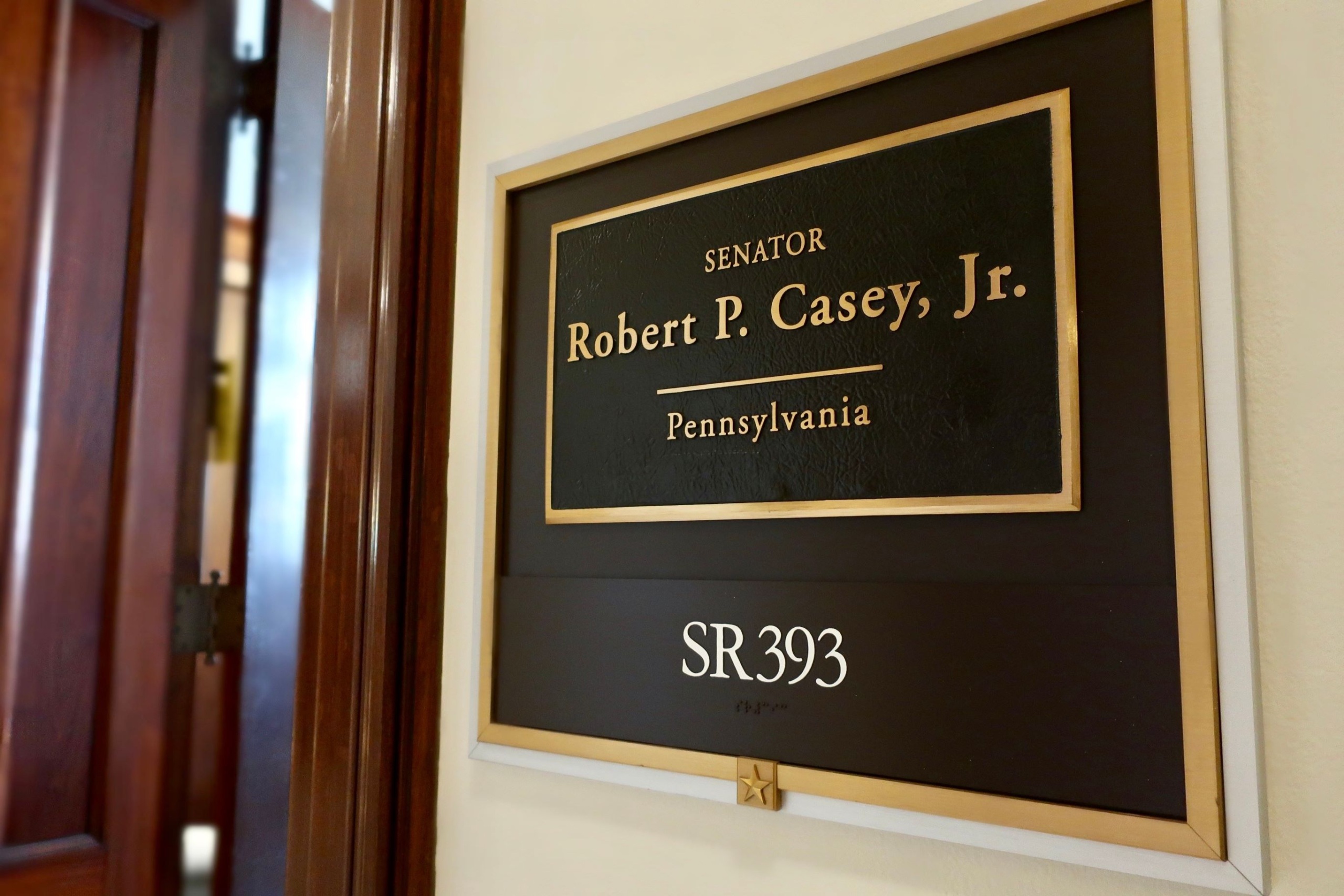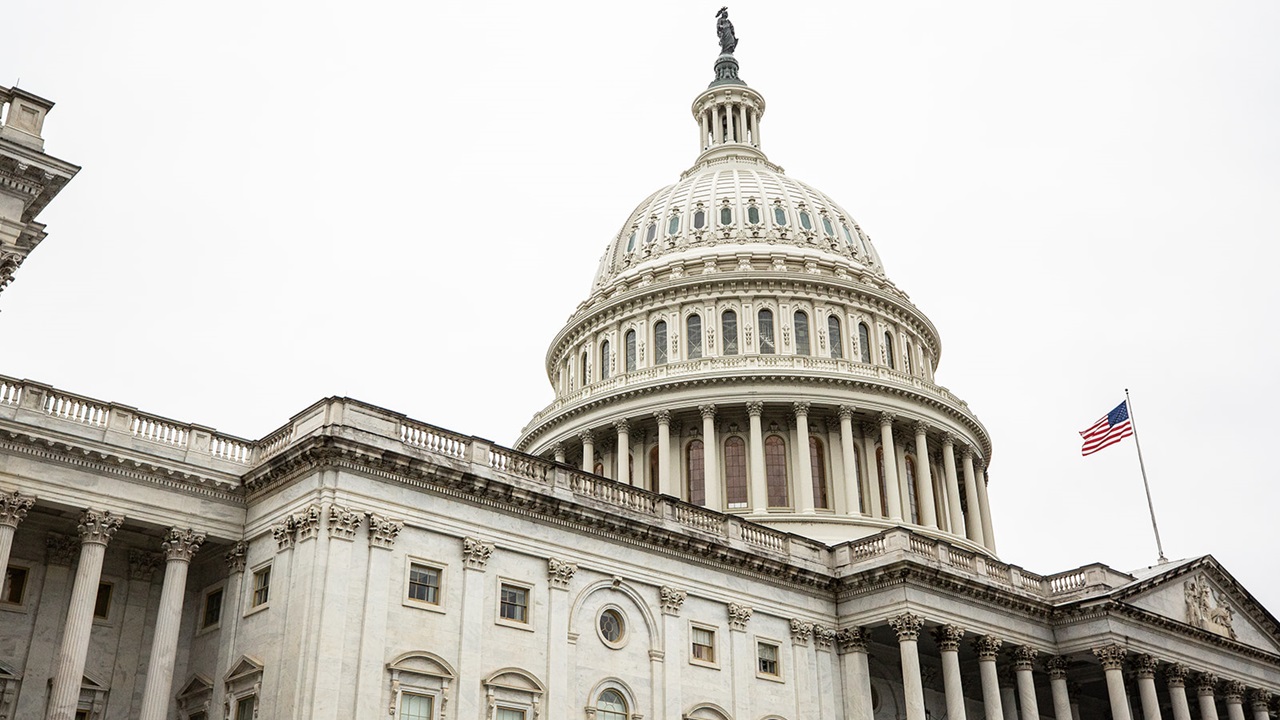The State of America's Direct Support Workforce Crisis 2024
New report sheds light on persistent problems facing community providers due to ongoing recruitment and retention challenges
Browse the Data
ANCOR in the News - 05.04.20
State News 05/04/20
Share this page
Stay Informed on the Latest Research & Analysis from ANCOR
More News
Capitol Correspondence - 12.17.24
Prepare for Advocacy in 2025: ANCOR Hosts Free Webinar
Capitol Correspondence - 12.17.24
Honoring Senator Bob Casey’s Legacy in Disability Advocacy

Capitol Correspondence - 12.10.24
House Leadership Urged to Bring Direct Support Professionals Bill to Vote


